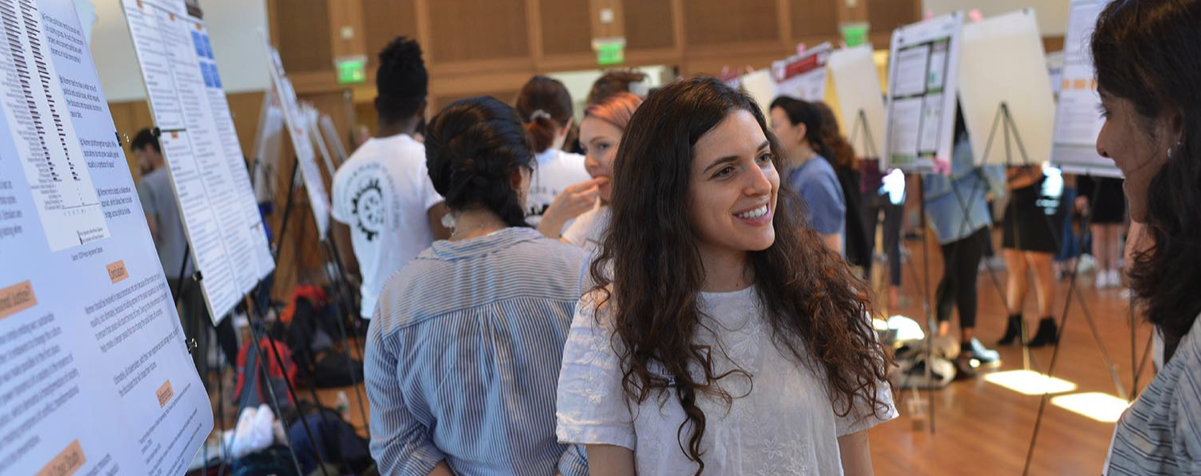Faculty Sponsor: Royette T. Dubar, Ph. D.
Live Poster Session: Zoom Link
Abstract: Pregnancy distress is defined as pregnancy-related fears (e.g., pregnancy symptoms and childbirth) that may lead to negative emotions associated with one’s pregnancy experience. Infant feeding plans (i.e, formula breastfeeding) are critical to the health of both mother and infant, and may differ across socio-demographic factors. Past research shows that specific socio-demographic groups were disproportionately affected by the stressors of the COVID-19 pandemic. Further, pregnant individuals represent a high-risk group for physical and mental health challenges – both prior to and during the pandemic. The present study explored whether employed and unemployed individuals differed in their levels of pregnancy distress and infant feeding intentions. Participants were 544 pregnant individuals who completed an online survey in September 2020. Questions assessed employment status, pregnancy distress, and infant feeding plans. Results, based on independent samples t-test showed a significant main effect of employment status for pregnancy distress, but not for infant feeding plans. Results of this study have important implications for possible therapeutic interventions for pregnant individuals during the pandemic.
Keywords: Infant feeding plans, pregnancy distress, employment, breastfeeding, COVID-19
Bella-and-Isabelle-Poster.pptx-1


